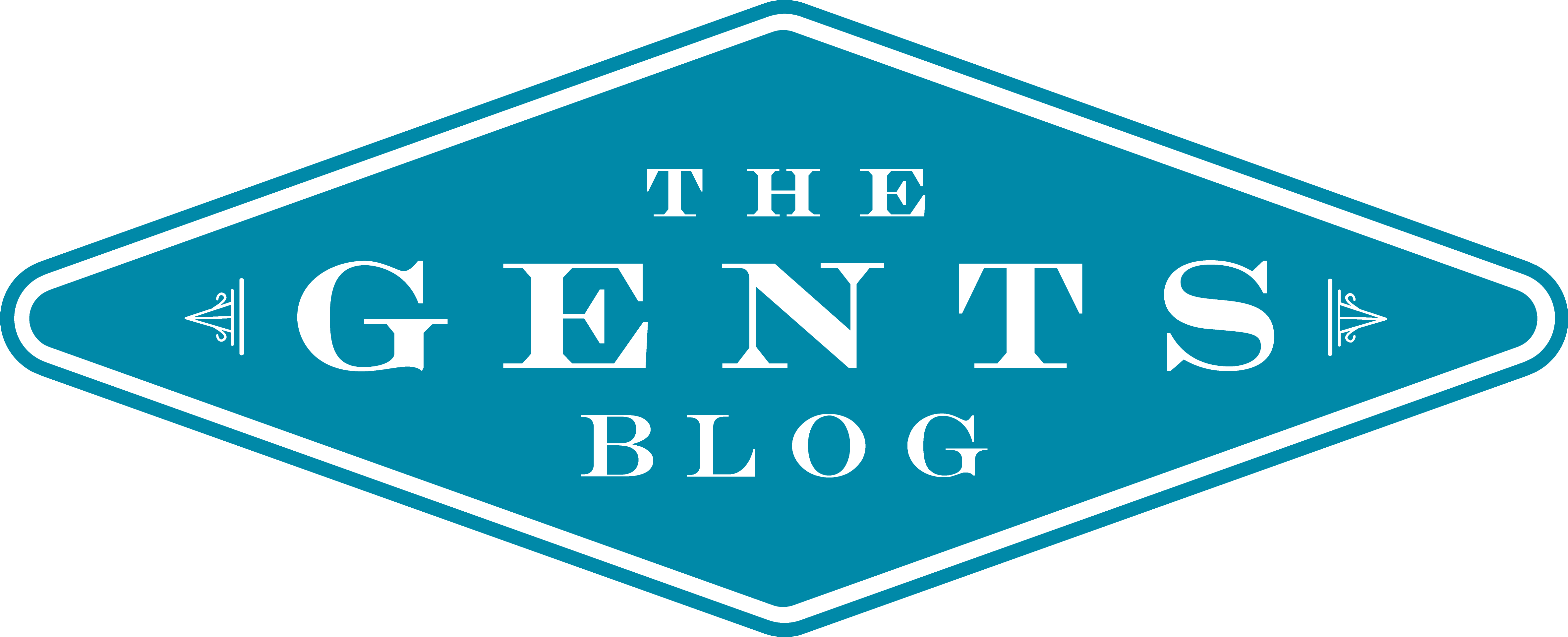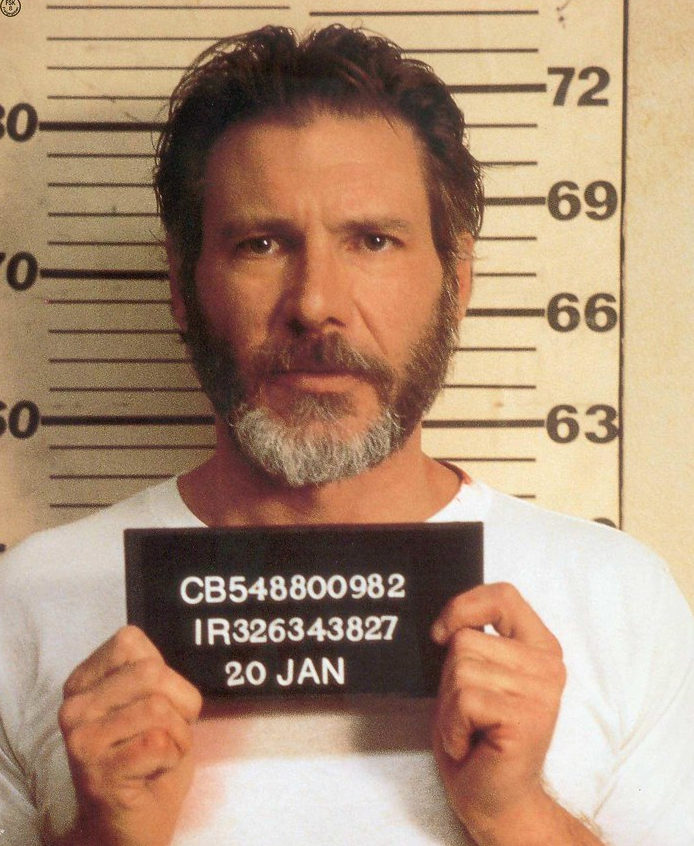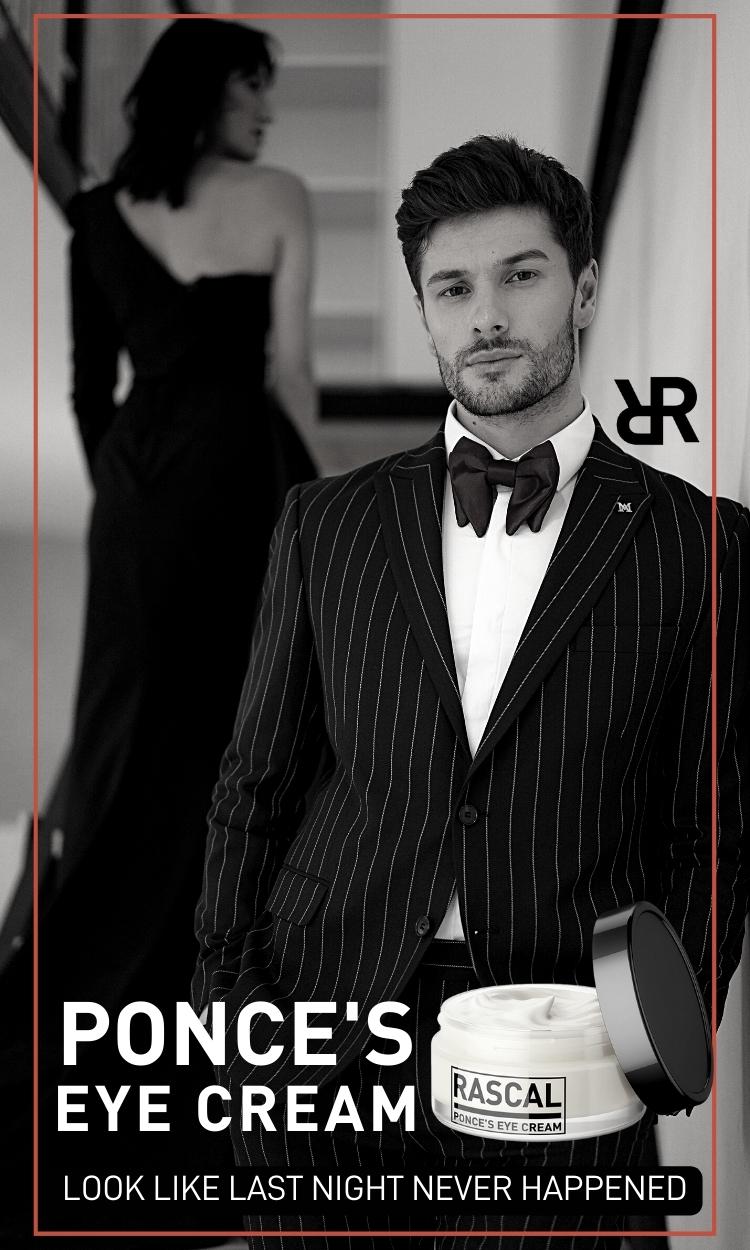“What I want out of each and every one of you is a hard target search of every gas station, residence, warehouse, farmhouse, henhouse, outhouse, and doghouse in that area.” It’s one of those fun, quotable lines, that brings many Gents warm memories of one of the then-underrated films of the 1990s, now a well-loved classic, The Fugitive. There are so many reasons to love this film but we’ll limit ourselves to five.
Actors at the Top of Their Game
Tommy Lee Jones didn’t originally think much of the script for the movie, even though he had worked with the director, Andrew Davis, before. He ended up winning an Academy Award for his role as US Marshal Samuel Gerard.
Harrison Ford, already 51 at the time, insisted on doing his own stunts as Dr. Richard Kimble, even injuring himself during the filming.
The professionalism and chemistry between these two comes out in every scene and they entirely inhabit their characters.
Chicago as a Character
It’s always satisfying when a city isn’t just a backdrop, but acts as a kind of character, just as San Francisco does in Alfred Hitchcock’s Vertigo or a dystopian Los Angeles does in Ridley Scott’s Blade Runner.
In The Fugitive we see actual Chicago news reporters acting as themselves, we hear Chicago accents from prison guards and police, we witness rush hour at the emergency room of Chicago Memorial Hospital, and run through the St. Patrick’s Day parade with Harrison Ford. If you didn’t know Chicago before seeing The Fugitive, you definitely do a little after.
Practical Effects
In a movie landscape soaked with CGI, The Fugitive reminds us of what you can do when you try to do things the old-fashioned way. The signature train crash, which was done in one single take alongside the Great Smoky Mountains Railroad in North Carolina, still holds up for viewers all these years later. You can visit the crash and remains to this day.
Wrong Man Trope
Most of us yearn for justice to be done, and so whenever someone is wrongfully accused, the audience is rooting for that person to escape or be vindicated. From the beginning the audience is drawn in and involved. Because we know that Dr. Kimble didn’t kill his wife, we want everyone else to figure it out too, and we cheer on Tommy Lee Jones’ character as he starts to put the puzzle pieces together.
Satisfying Ending
We end the film where we began, with Dr. Kimble being taken into custody with law enforcement authorities. But as Gerard takes the cuffs off Kimble and hands him an icepack, we laugh along with Kimble as he says, “I thought you said you didn’t care” and Gerard responds, “I don’t. Don’t tell anyone, okay?”
We don’t know what will happen to Dr. Kimble or Deputy Gerard in the future, but we feel that justice has been done and all is right in the world. And that’s one of the best ways to end any story.
Photo Credit Ricardo Pablo via Creative Commons.



